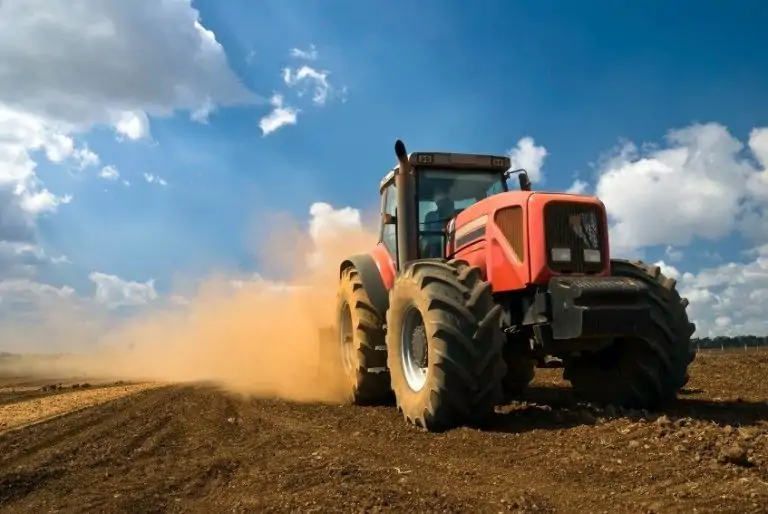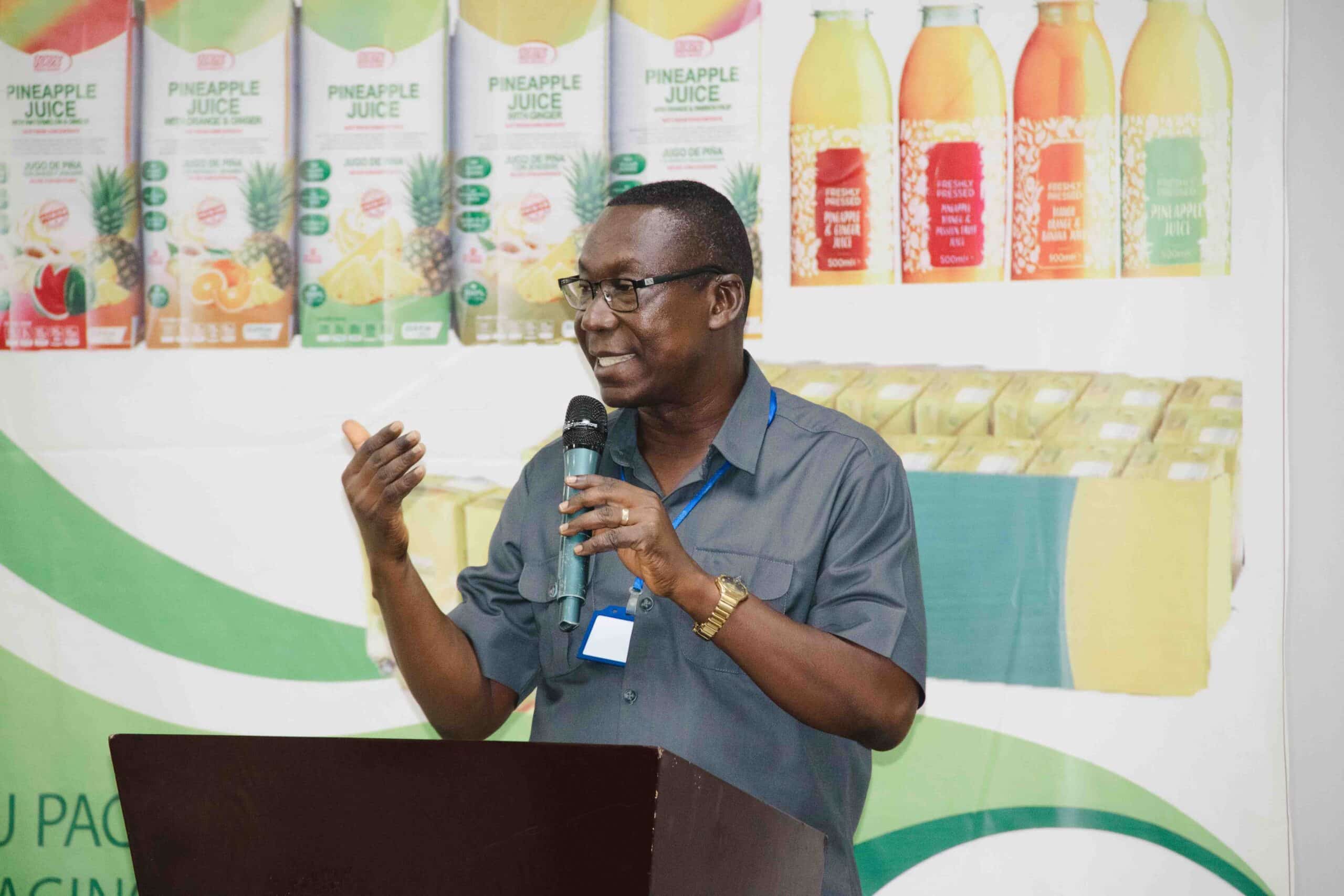The UK’s recent Agricultural Bill, which was first introduced into parliament in September 2018, and re-introduced on 16th January 2020, will lead the way for agriculture and food policy in the post aorta for farmers to the provision of public benefits such as tackling climate change or preserving beautiful landscapes ….
Common Agricultural Policy (CAP)
On Thursday the 16th of January 2020, the post-Brexit agricultural bill was re-introduced to the House of Commons. This bill will lead the way for the biggest shake-up that the agriculture industry in the UK has seen for decades, with big changes set for agricultural food and supply chains. The new system outlined in the bill will be phased in from 2021 to 2027 when the last payments made under the old common agricultural policy (CAP) will be made. The CAP costs the EU nearly 40% of its budget or approximately €58bn a year. It was originally set up in 1957 to sustain the EU’s food supplies by increasing agricultural productivity. However, after many reforms due to the butter mountains and wine lakes of the 80s, the structure is quite different to the original.
Nowadays, the 12 million farmers across Europe that the CAP supports are rewarded for particular land use. A large part of the CAP payments is known as direct payments, known as the Basic Payment Scheme (BPS).
These direct payments pay farmers based on the total amount of land farmed. Farmers in the UK currently receive about £3.5 billion annual support under the CAP, of which over 80% are classified as ‘direct payments’.
These payments tend to be skewed and the largest landowners benefit the most as opposed to being linked to any specific public benefits. The top 10% of recipients receive almost 50% of total payments, while the bottom 20% receive 2%.
Navigating the post Brexit landscape
The post Brexit agricultural bill is set to cause major disruption to regional food supply chains, with an increasing focus on environmental stewardship, sustainability and esg.
As food and agribusinesses look to navigate these shifts, Farrelly Mitchell is uniquely positioned to assist. Our consultants hold deep knowledge on agrifood policy and regulations that have the potential to disrupt or impact your operations. Through our risk analysis & management services, we can identify these threats and design tailored strategies to convert them into value-add opportunities. Contact us today to learn more.














